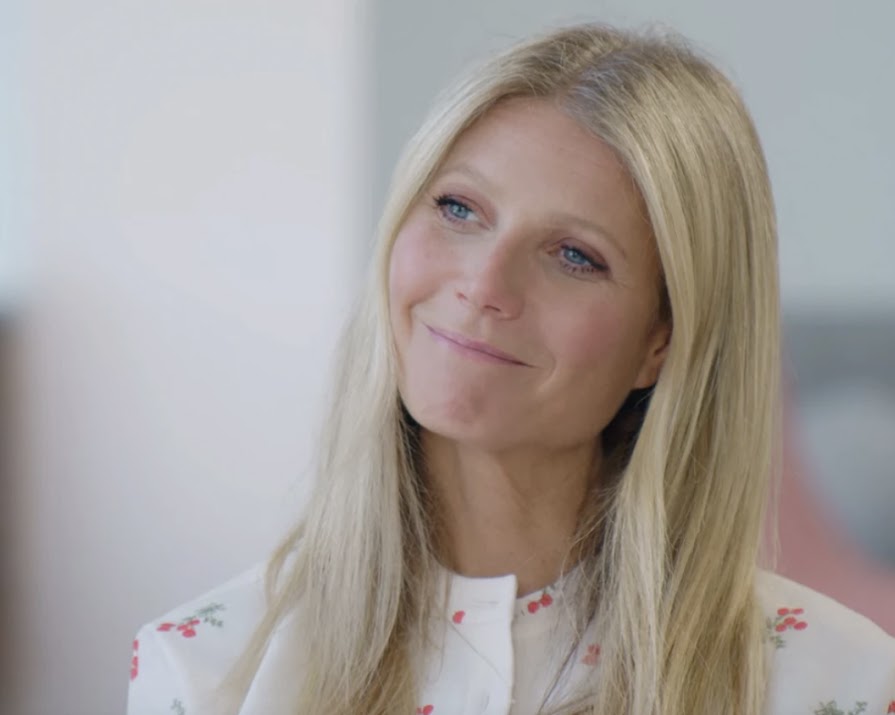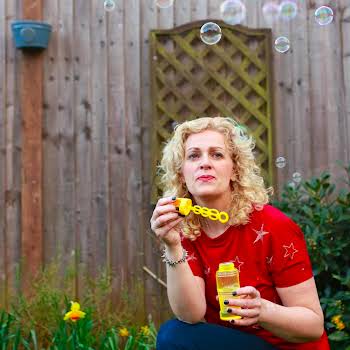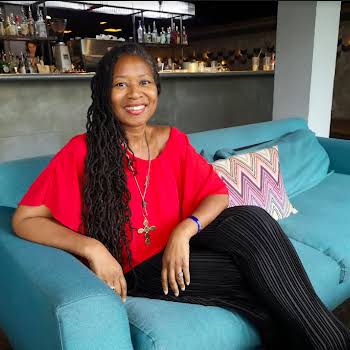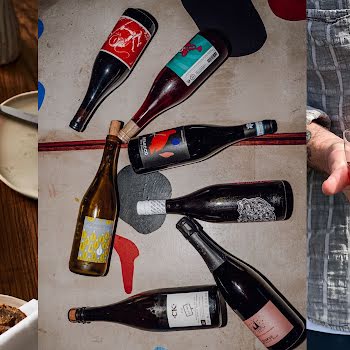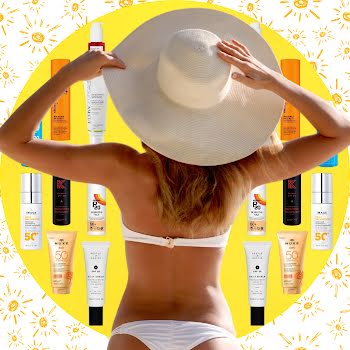
By Amanda Cassidy
10th Jan 2024
10th Jan 2024
Amanda Cassidy wonders why social media culture is curated around an obsession to 'work on ourselves'?
Thanks for the #Healing posts, influencers, but I don’t consider myself broken.
What started out as a collective sharing of individuals seeking to move beyond traumatic experiences and insecurities has turned into a different beast entirely.
The birth of ‘healing practices’ as plastered all over social media and advertising, risks perpetuating a need to ‘fix’ ourselves. Rather than being a positive evolution involving self-improvement, it’s become about people drowning in the same cycle over and over again.
Maybe it is time to reshape our relationship with personal development?
As I scroll through Instagram, particularly recently, I’m bombarded with self-help seminars, advice about sorting your head out and healing processes. There are patronising pep talks from influencers, paid thousands to convince me that I, too could be as confident, positive, fit, organised or special, as they are (if I sign up, buy their product or download their programmes).
The implication that it’s an ‘us’ and a ‘them’ – the broken and the enlightened has begun to grate, alongside their ‘inspirational’ posts.
Less than
I’m all for support and communities that lift you up when you are down. But the problem is that some self-help online is blurring the lines between support and sales.
The message from business ads and influencers promoting self-care and self-improvement is a deviation of what we should be hearing – not ‘you will be fine if you improve yourself’ but instead ‘if you improve yourself (with our product) you’ll be ok’.
Healing, now conflated with self-improvement, has become yet another thing to strive for — and for most of us, to fail at.
From sessions with wellness coaches, yoga retreats and positive affirmation seminars, the result is self-care fatigue — if not from the failure to meet the ideal, then from the pressure to keep trying.
Vicious circle
But is the need to get better either through exercise, meditation, food choices or journaling causing a FOMO effect when it comes to improving ourselves? In other words, is ‘working on ourselves’ causing us to find new things to be anxious and depressed about?
Of course, there is merit in being the best we can be, but the constant message that’s being reinforced is that we are perpetually falling short. It’s easy to see why you might start beating yourself up mentally and emotionally when it comes to the changes we need to make but perhaps can’t.
I don’t feel broken. Like most of us, my life isn’t a study in smooth sailing. But problems are sometimes just problems that we live with, and the constant refrain that we need to be healed risks sending a very dangerous message – especially when you are being sold to; that you are imperfect and that’s a problem.
Of course, there are aspirational reasons to pull out your wallet for these types of things; there’s entertainment value, the joy of being part of something, the feeling you are helping others. Knowing other people are struggling helps us not feel so alone too. But I’m sure getting something out of it, isn’t the same as being healed.
Commercialised self-care, as a means of self-betterment, is one of the reasons we find ourselves at this tipping point — this absolute conclusion that the problem is with us.
There’s pressure from brands and social media to make sure all our mental energy is taken up with things – services, validation, effort, self-improvement. And it threatens to conceal what is actually valuable – walks in nature, time with friends, speaking to professional therapists, being creative, escapism…
It also risks funnelling us further into wellness norms that often keep us feeling bad about ourselves. This pushes us to invest in more so-called ‘healing’ products.
Self-awareness is beautiful and necessary, but commercialised self-care, as a means of self-betterment, is one of the reasons we find ourselves at this tipping point — this absolute conclusion that the problem is with us.
Wrapping ‘healing’ up as a way to make us feel like we have control over our situations is all well and good, but it can never make up for the numerous layers of solutions we need to address mental health issues.
Image via Netflix
This article was originally published in January 2022.











